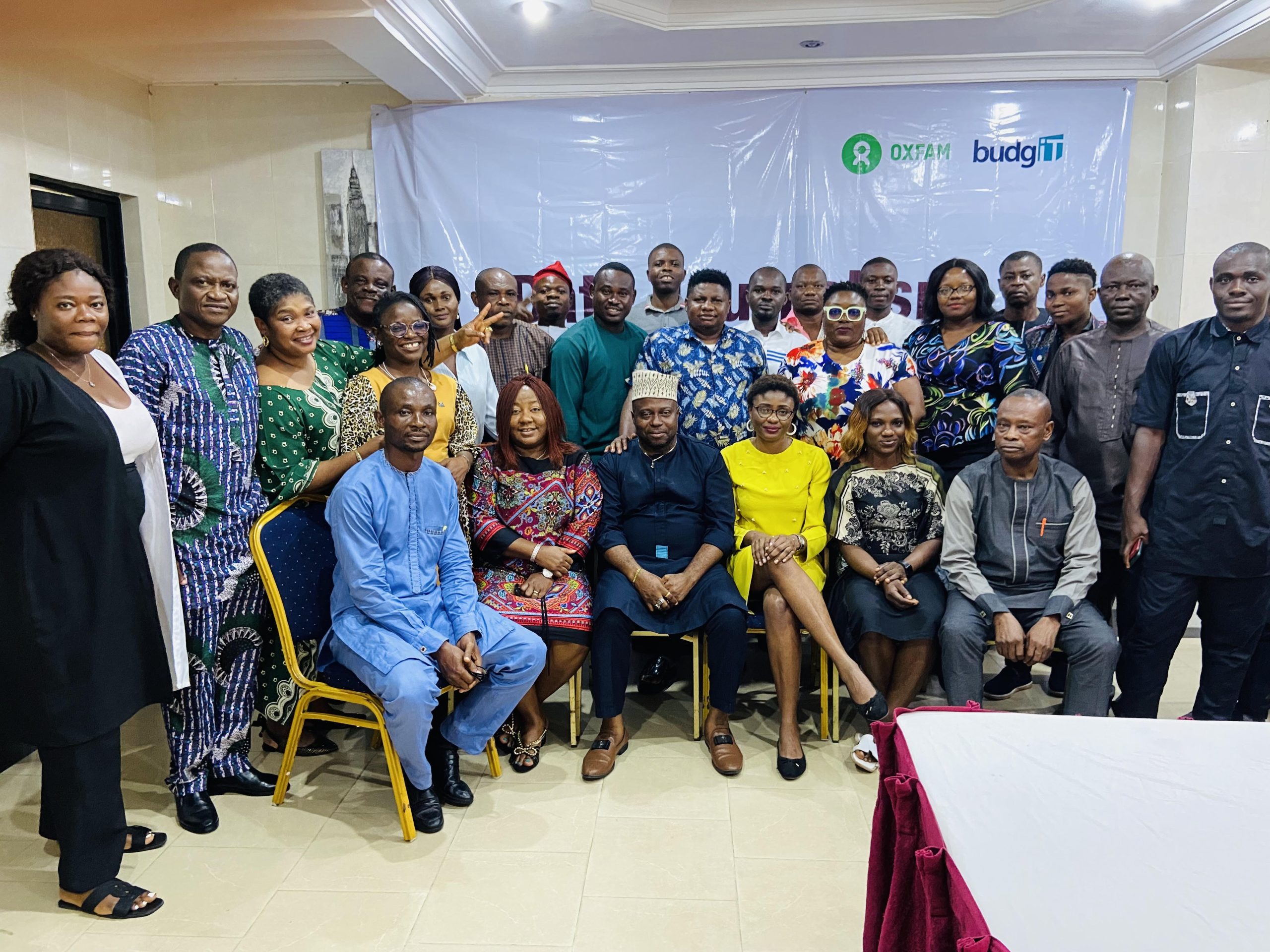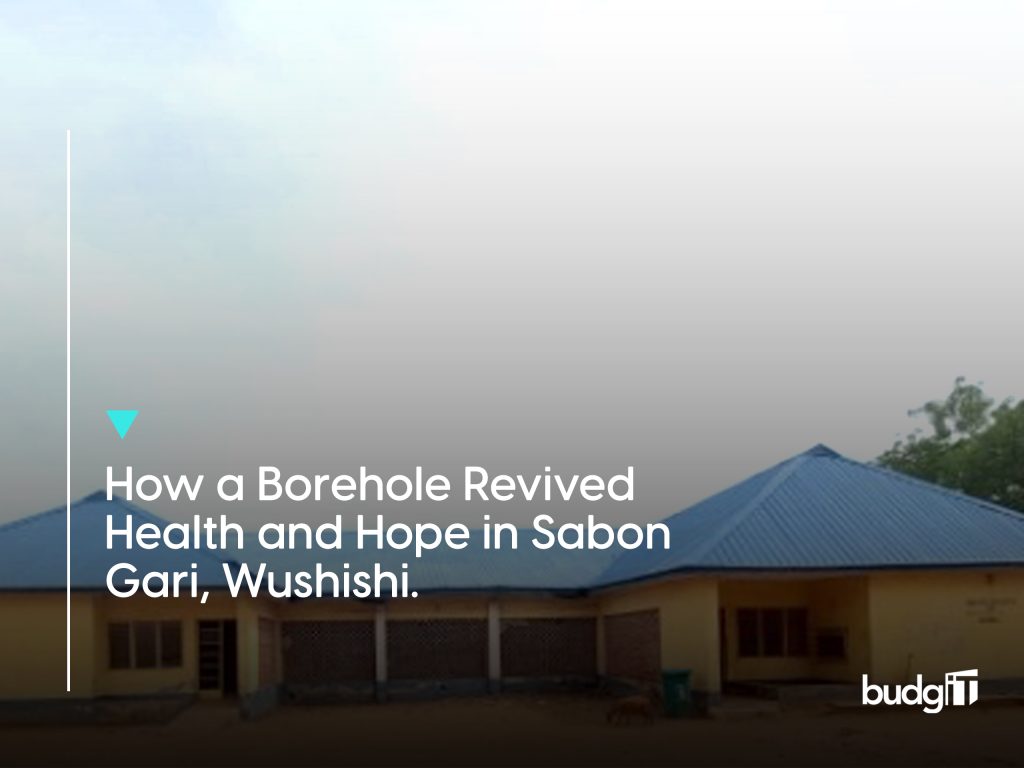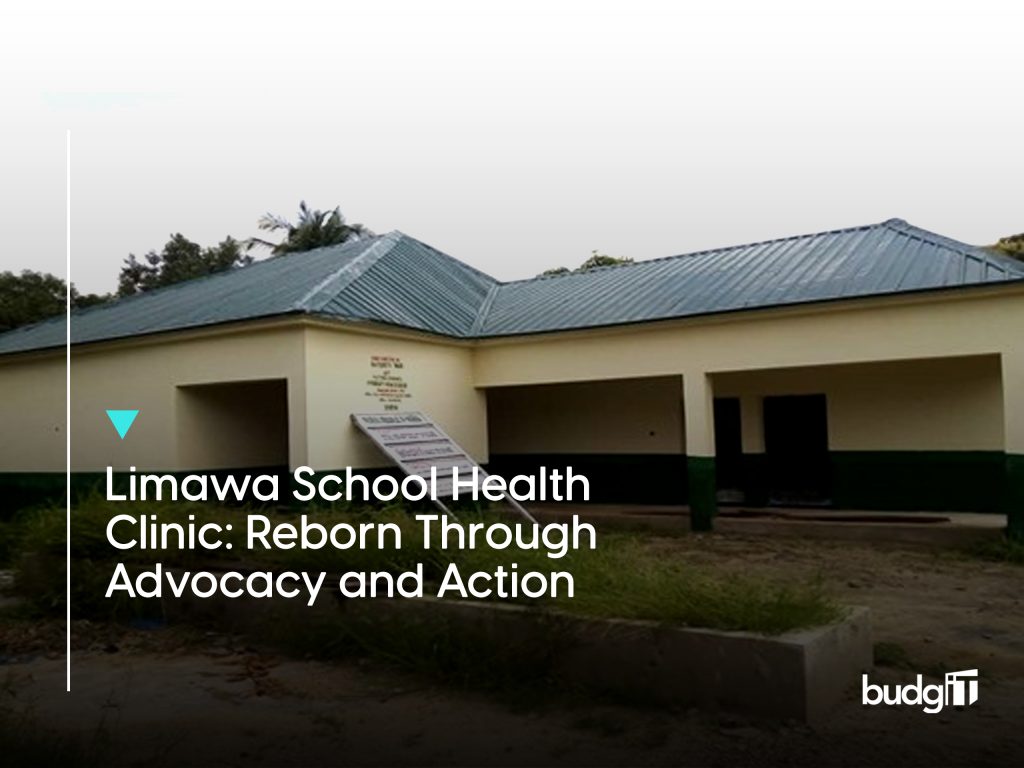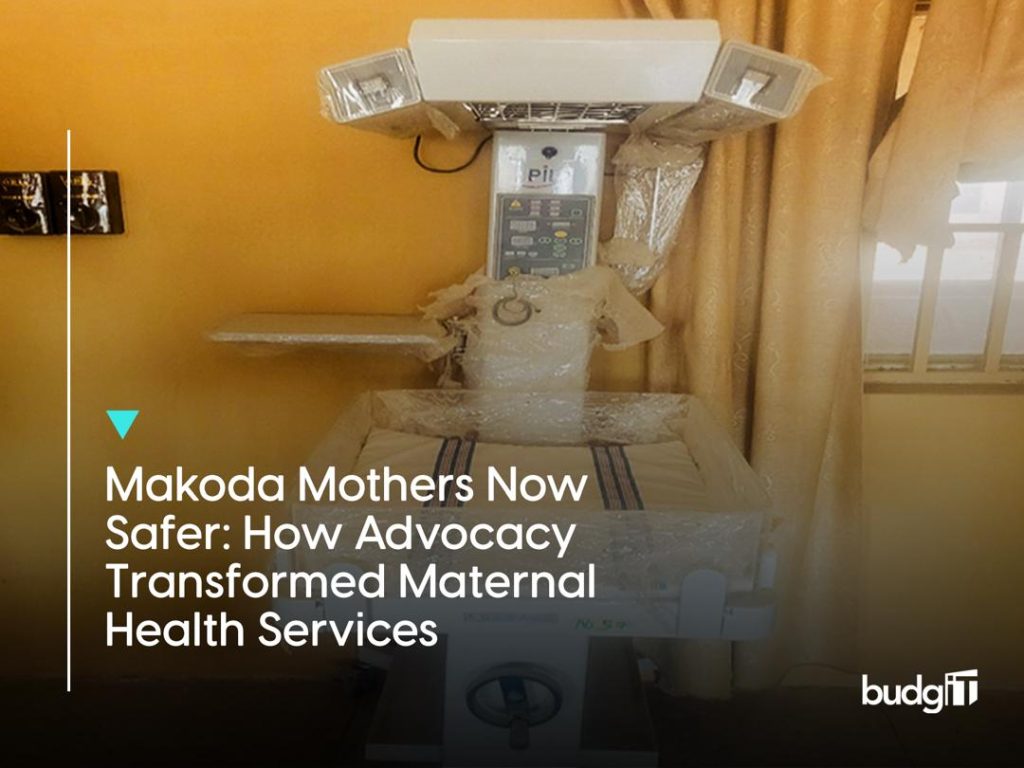On Wednesday, August 31, 2022, BudgIT, with the support of Oxfam Nigeria, hosted a 1-day capacity development session for journalists in Calabar, Cross River. The capacity-building session focused on how to create compelling data-driven stories for advocacy and policy reform. Among other objectives, the training was designed to enlighten Journalists on the significance of effective communication and data storytelling and its impact on advocacy and policy reform.
Thirty delegates from renowned media organisations and oil and gas institutions who understand the importance of advocacy in demanding good governance and excellent service delivery in the extractive sector were in attendance.
There is a need for policy reform in the extractive sector, which can be realised through increased advocacy and collaboration among the media, civil society organisations, and individuals. To that aim, BudgIT and Oxfam developed the capacity-building session to educate journalists on the need to develop compelling data-driven stories to create effect and inspire reform in the extractive industry.
The workshop explored two main aspects – “Effective Communication and Data-Driven Storytelling for Advocacy and Policy Reforms in the Extractive Sector”, facilitated by the Head, Media, Communications and Creatives, BudgIT, Iyanu Fatoba, and “Applying Data Principles for Effective Data Storytelling in the Extractive Sector” facilitated by Michael Pabiekun, BudgIT’s Digital Designer.
Iyanu Fatoba, in her presentation, emphasised the importance of creating data-driven narratives to spotlight issues of resource governance and beneficial ownership reforms, among others. She said journalists must be intentional about making an effect and crafting engaging stories that inspire reform and encourage openness.
She also emphasised the significance of comprehending the rationale and goal for crafting a story, stating that data-driven storytelling will have a greater impact than traditional storytelling.
“Extractive reporting requires a lot of attention and focus because the legitimacy of your story is dependent on solid data, facts, and numbers.” To accomplish so, one must rely on authentic publications, audited statements, and other reliable sources.” Iyanu stated.
Iyanu also emphasised the attributes and components required to create captivating stories in order to inspire policy reform.
“As a journalist, you must ask specific questions before constructing your data story/storyboard. This is due to the questions serving as a guide to creating an engaging and relatable story. It is recommended to be patient when developing a narrative, regardless of how long it takes; to obtain credible data that will have an impact so as not to publish a story that produces a backlash from both citizens and the government and silences the story’s purpose.” She continued.
While recognising the absence of competent reporting in the extractive industry, Iyanu Fatoba advised journalists to work with organisations that present and offer access to credible data, as it is an important instrument for advocacy and the demand for sector reform.
On his part, BudgIT’s digital designer, Michael Pabiekun, spoke on the importance of graphics data representation and how it encourages the readers to get engaged in storytelling. He highlighted the design principles that need to be considered while representing the data graphically.
“Designing your data doesn’t have to be overwhelming. You can create more accurate, more effective data visualisations with a basic understanding of how different data sets should be visualised, along with a few fundamental design tips and best practices”. Michael said.
The demand for transparency and accountability in the oil and gas business is far from over. BudgIT’s Extractive section will continue to engage stakeholders and authorities in seeking industry reforms and effective service delivery.



